
Integration benefits
Listed below are just some of the benefits available to each service area and the wider authority when address data and the UPRN are effectively utilised and integrated.
Click on each benefit to find out more (this will take you to the GeoPlace website).
